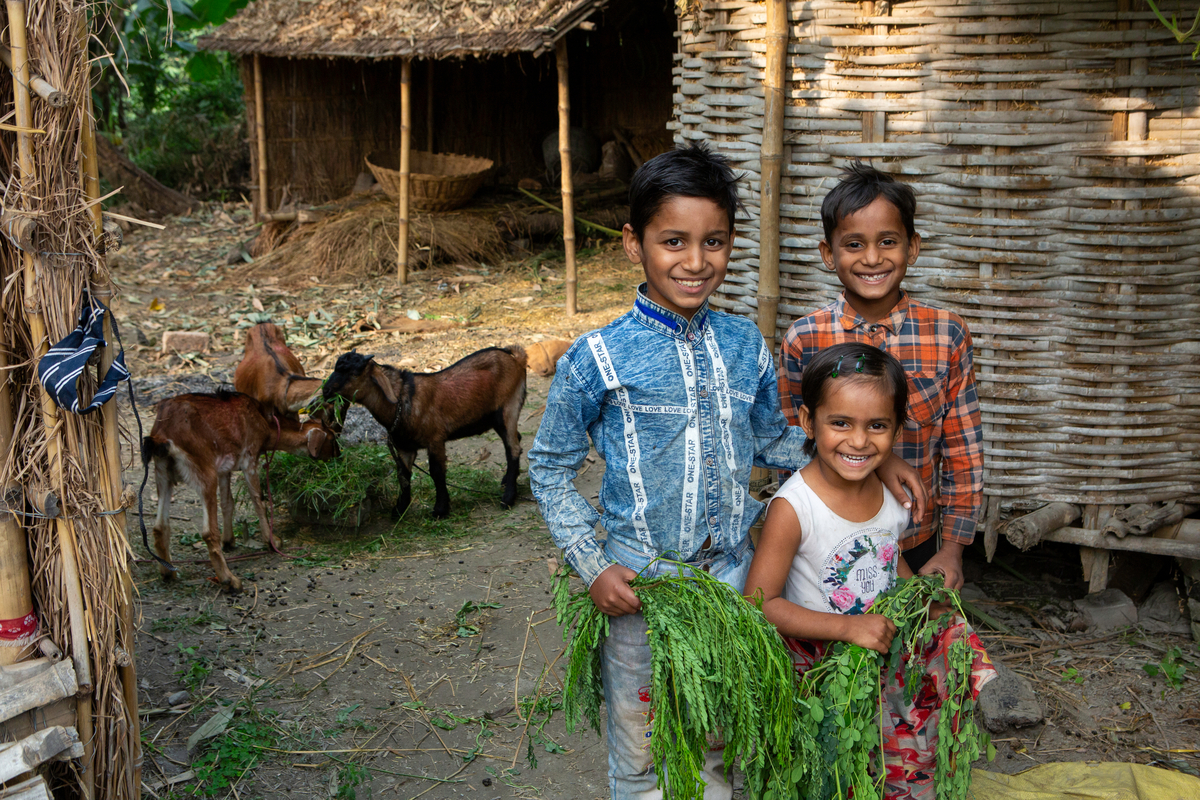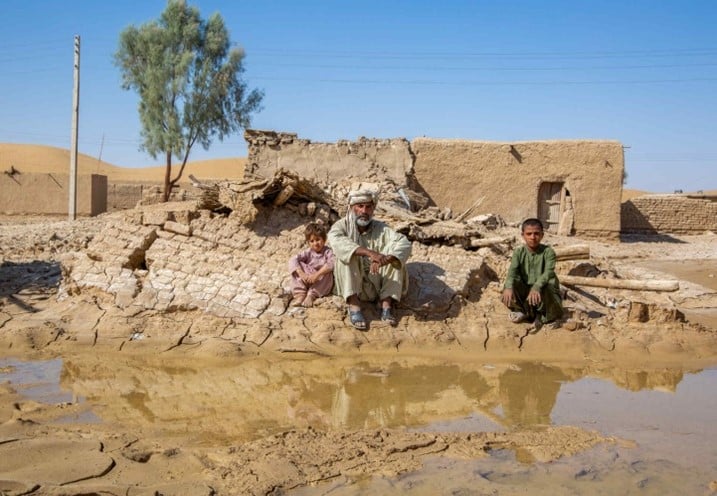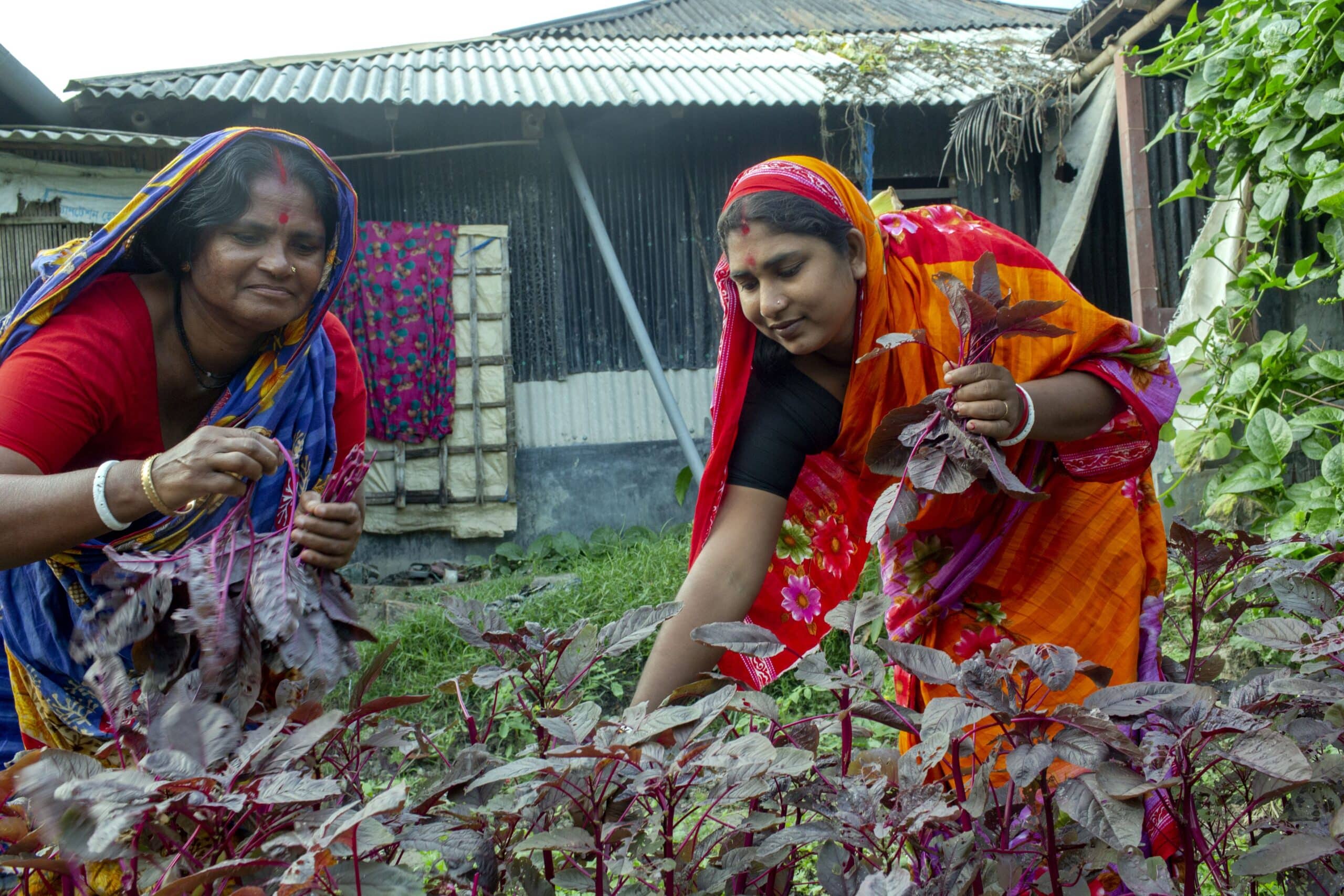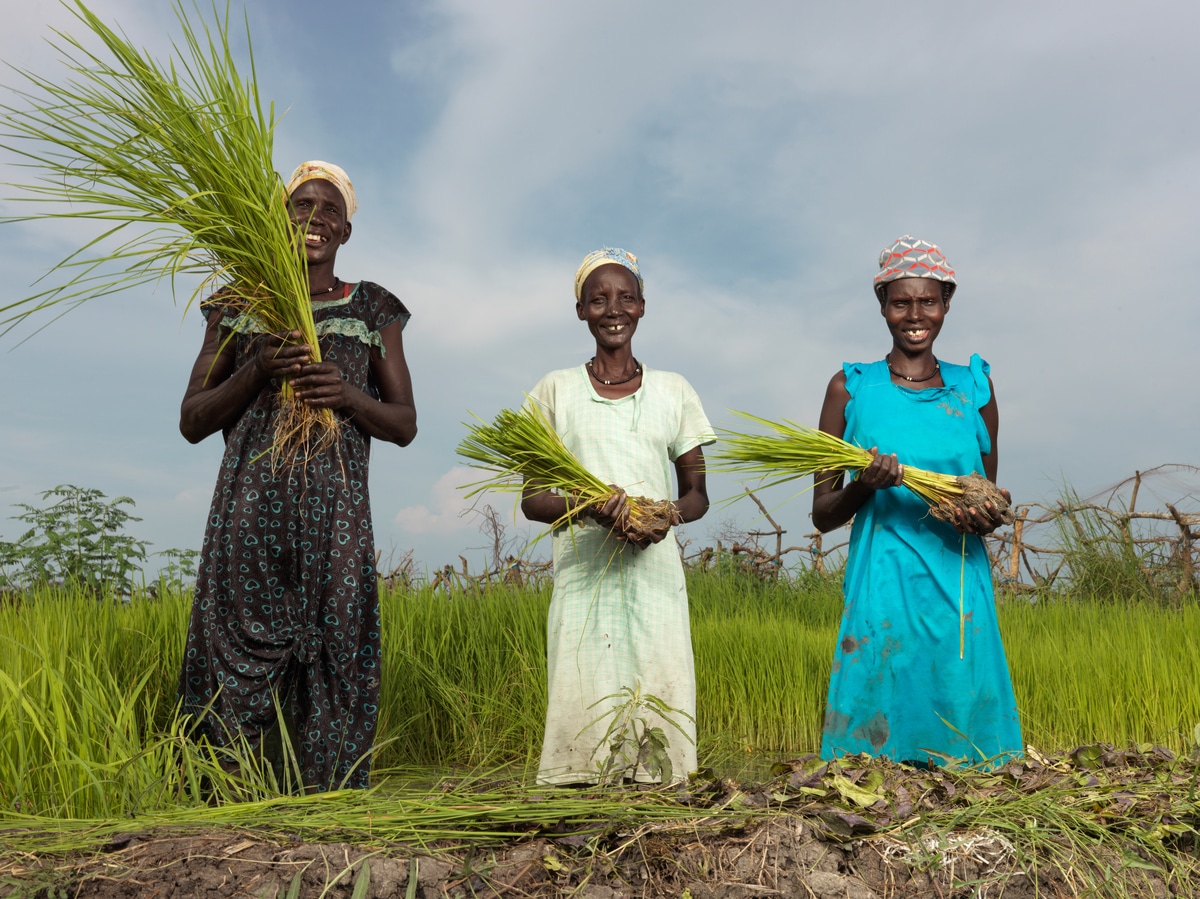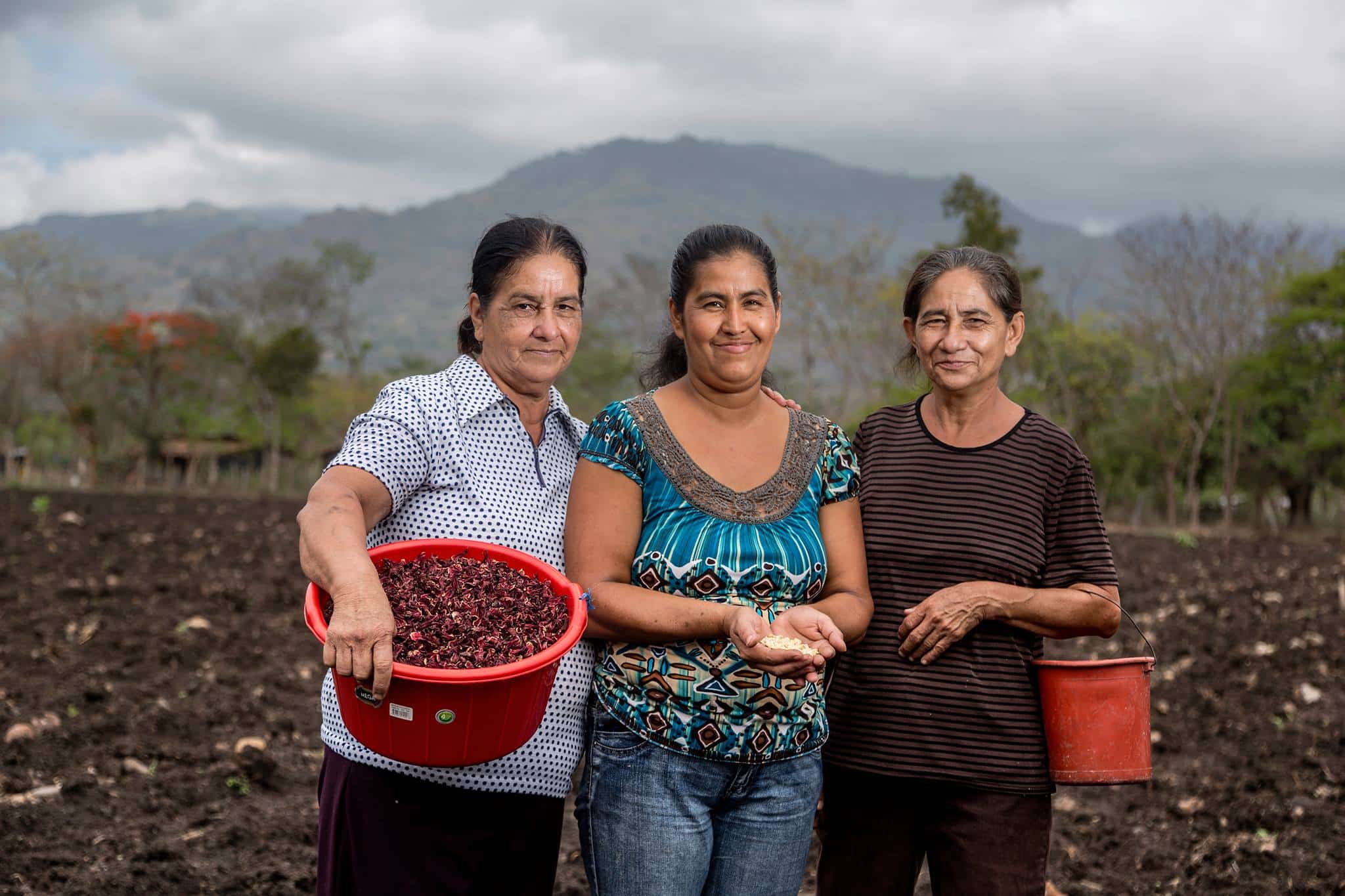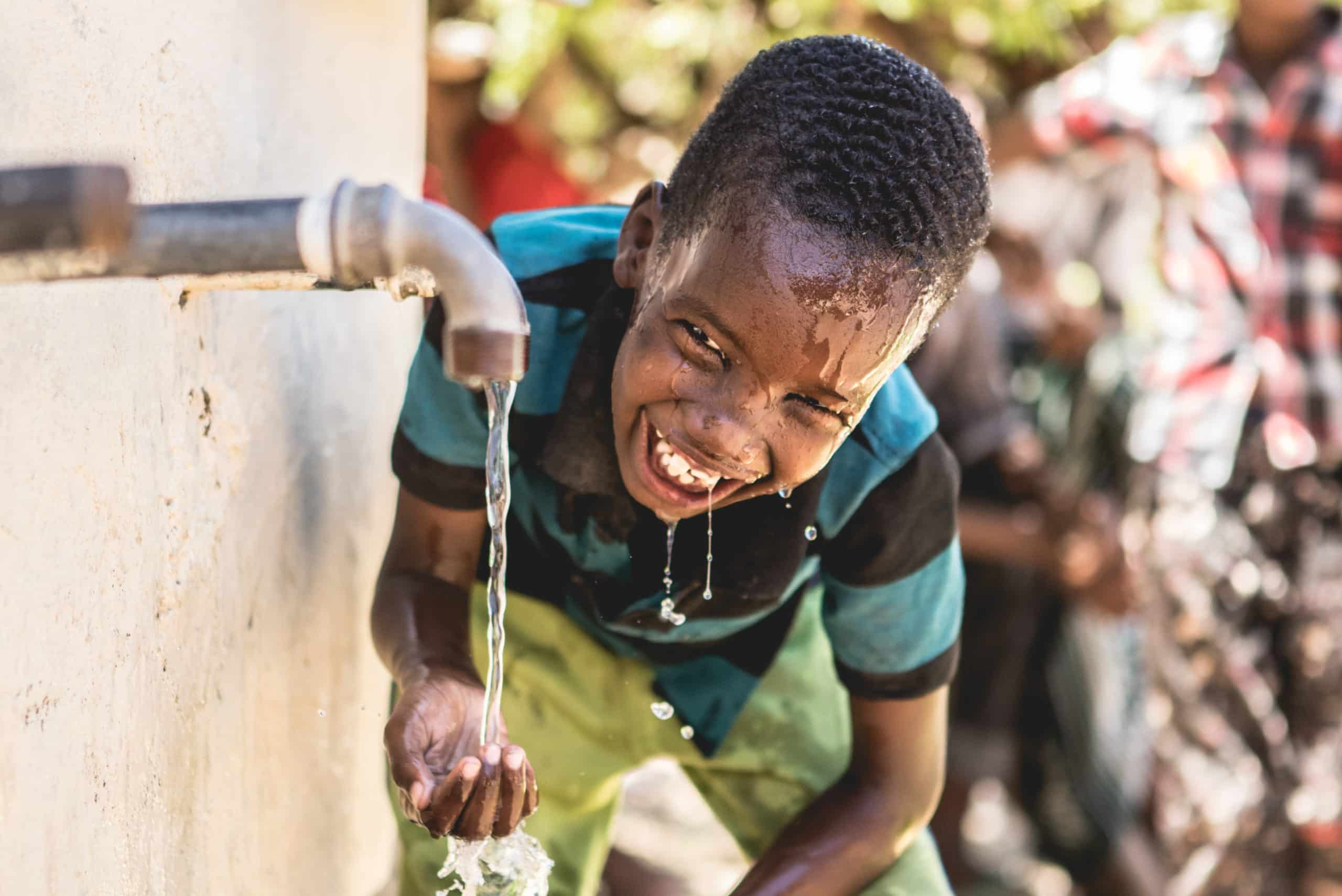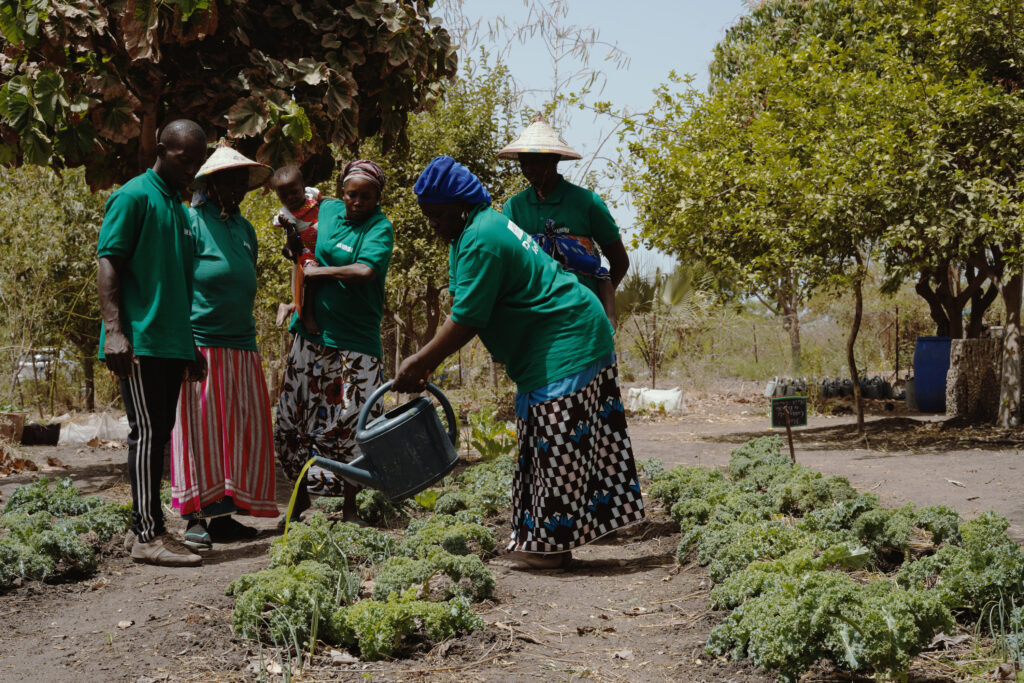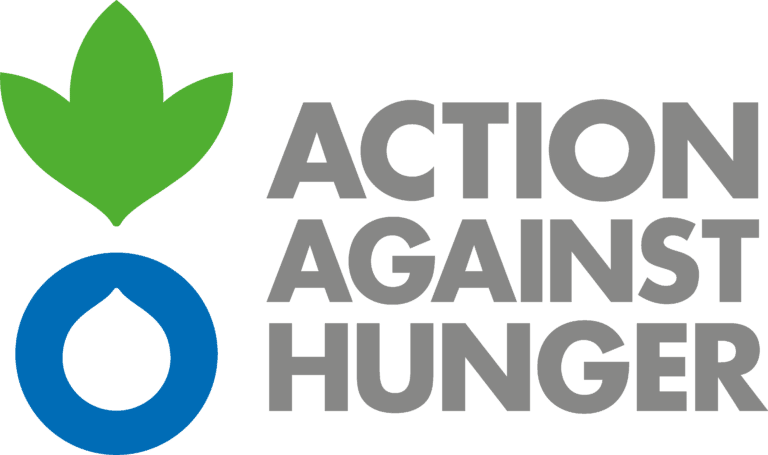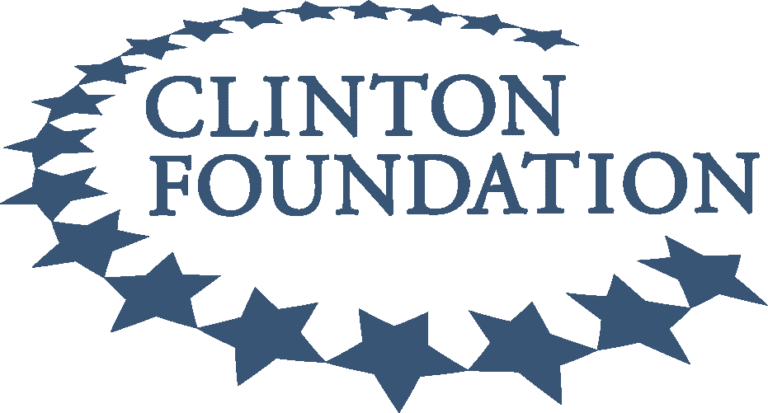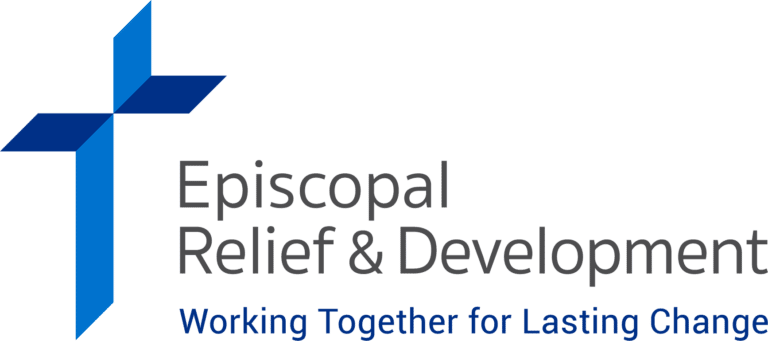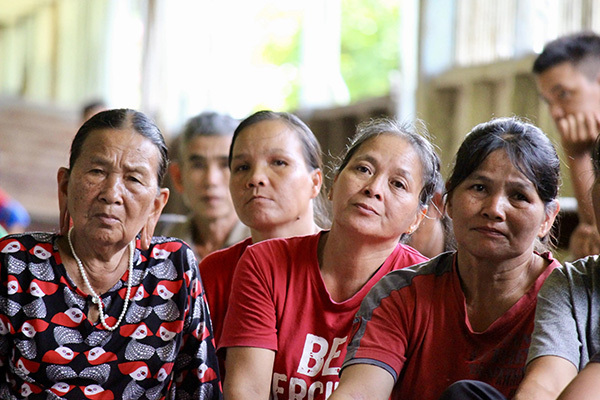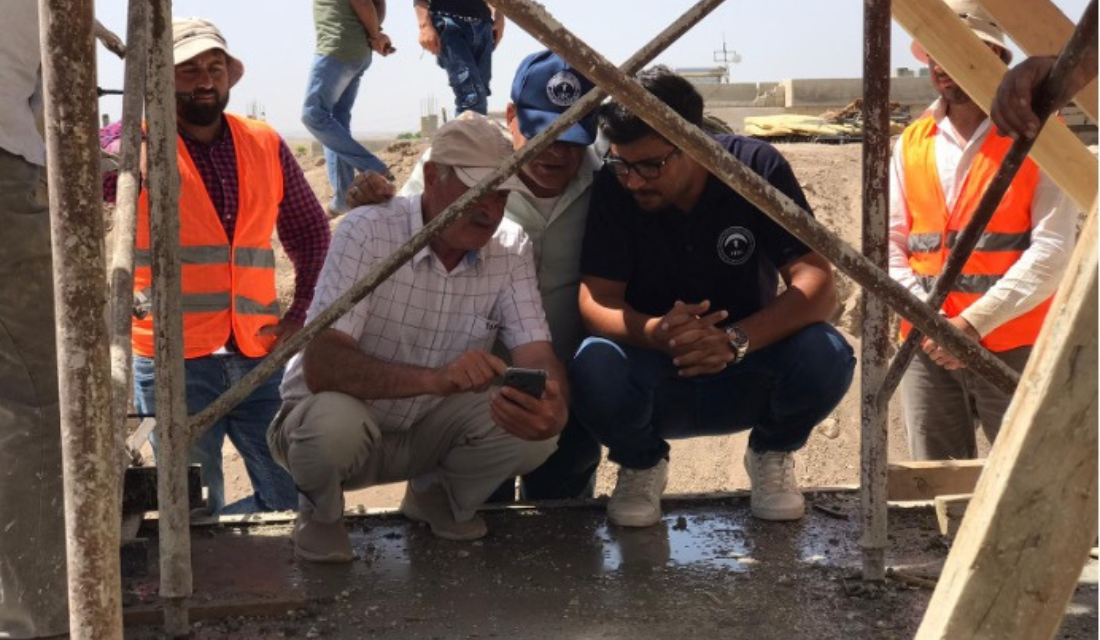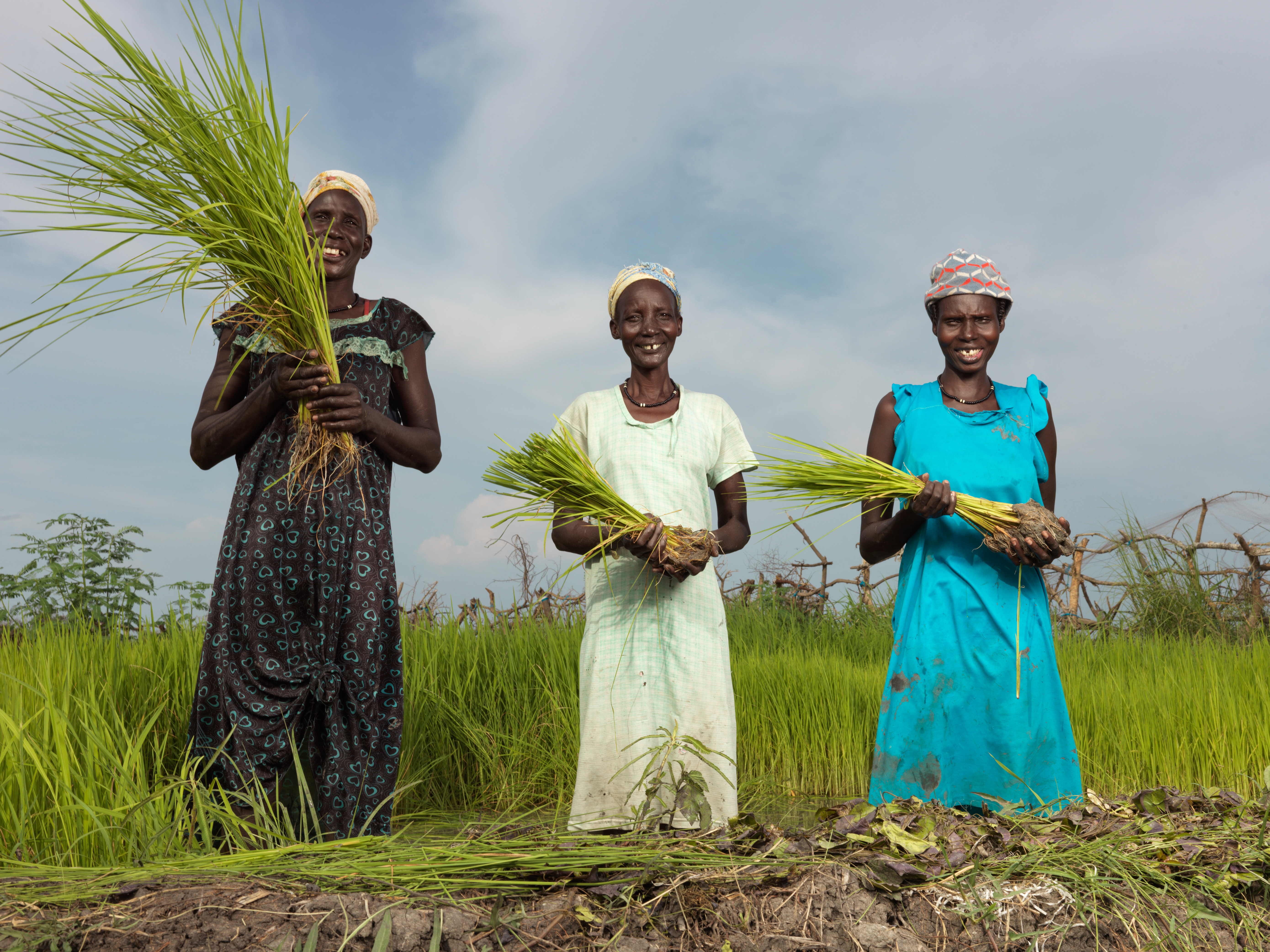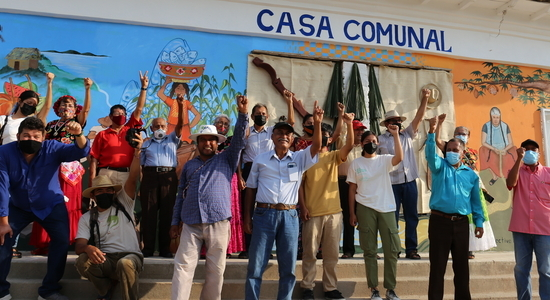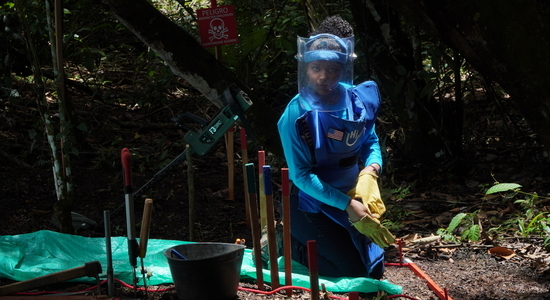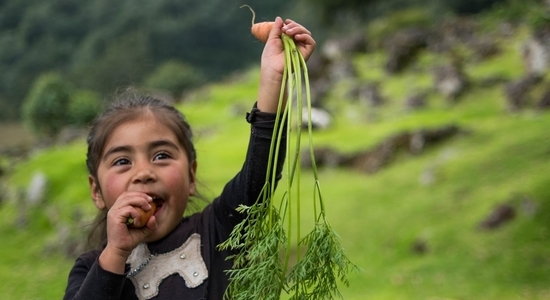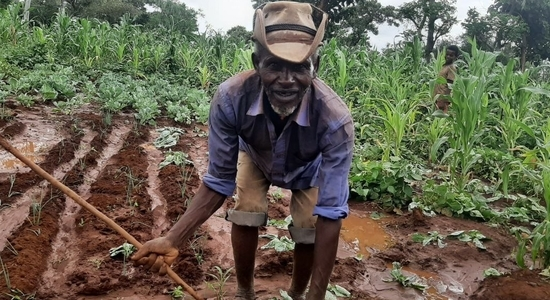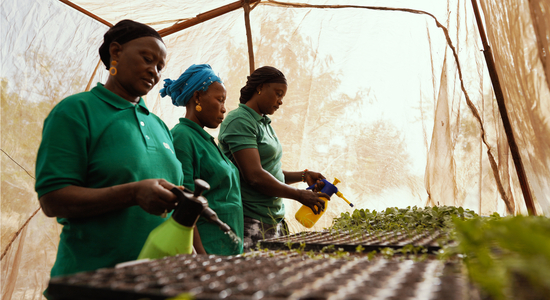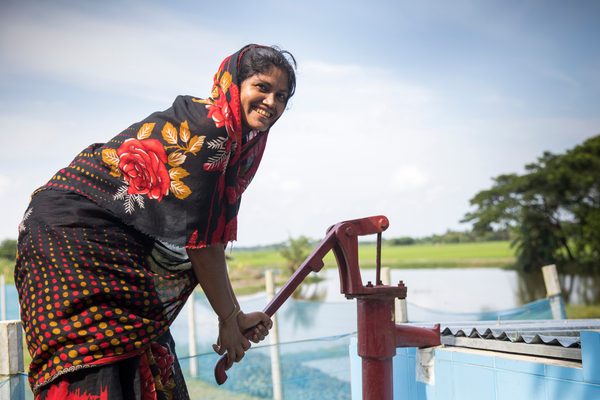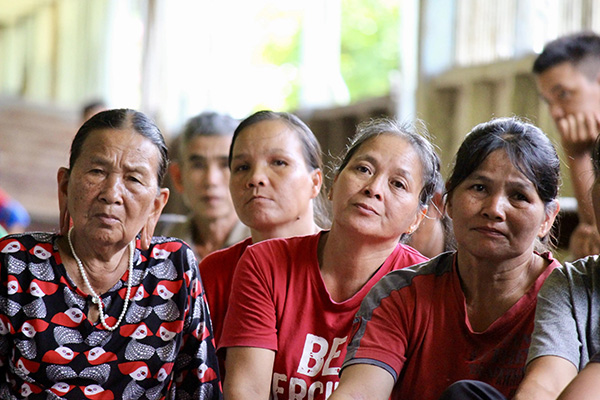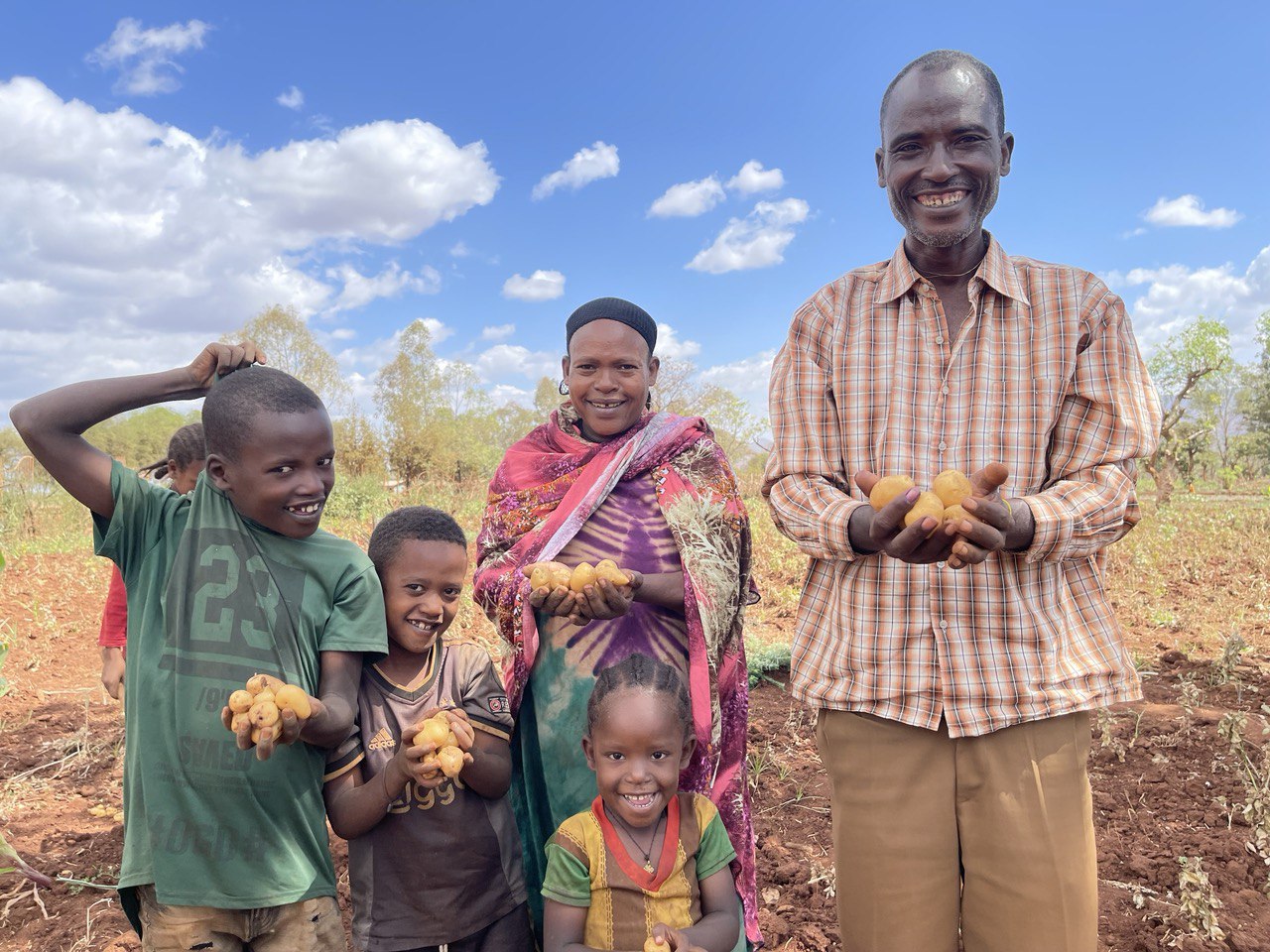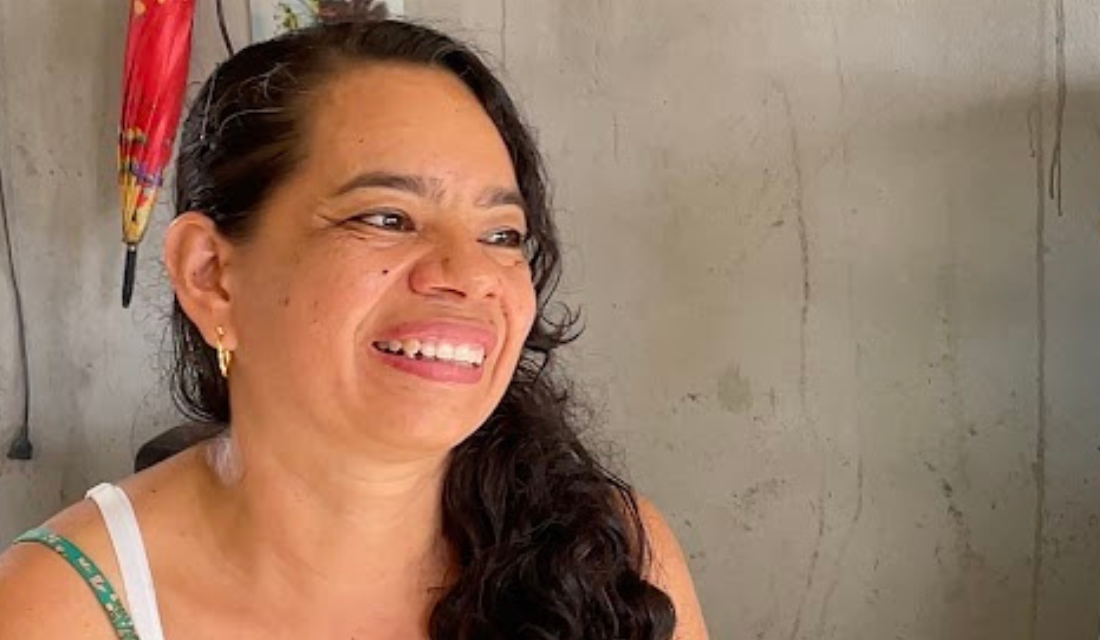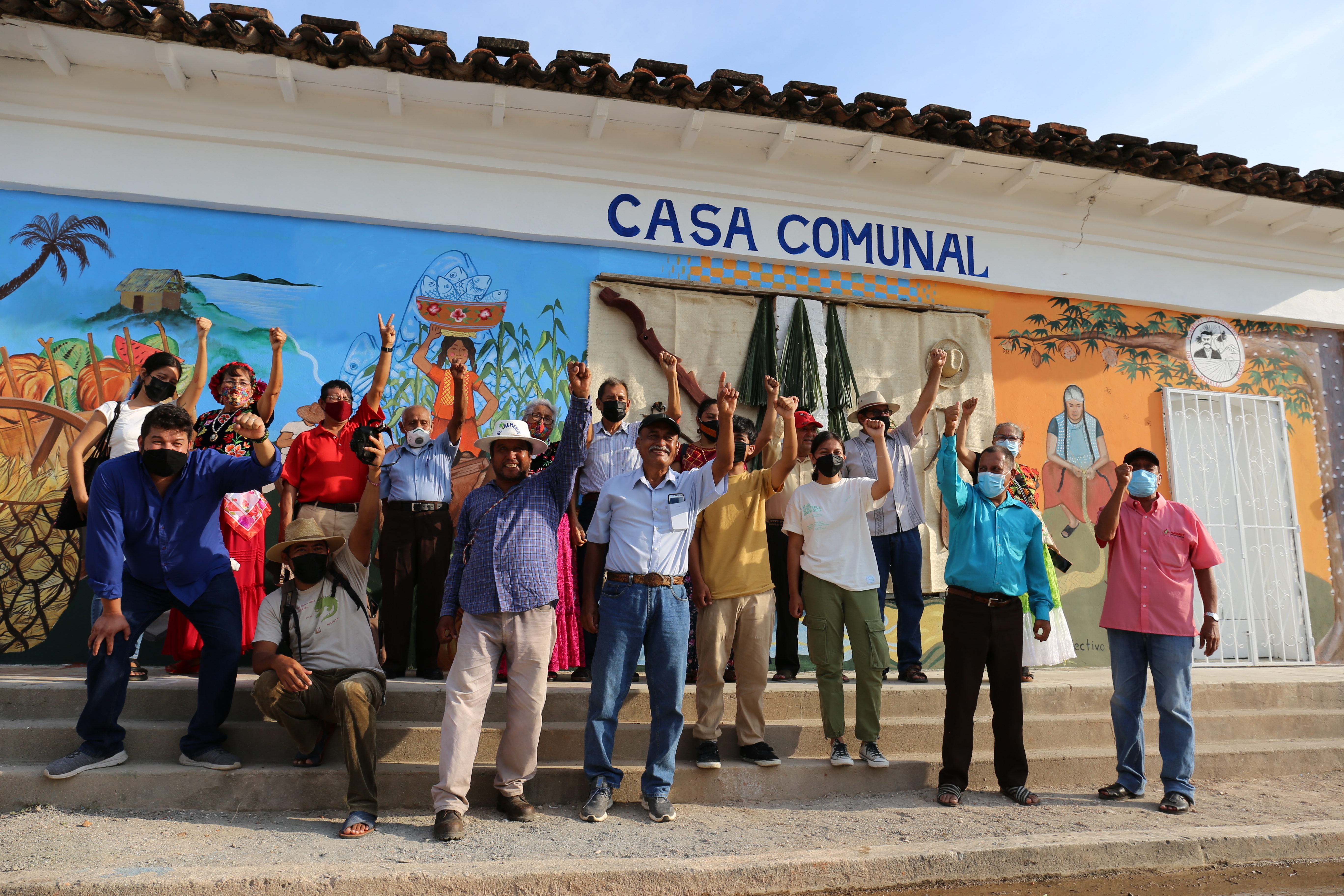Nearly half of the world’s population is currently highly vulnerable to climate change impacts.
-Air pollution leads to an estimated 6.7 million premature deaths each year.
-An investment of $1 in climate resilient infrastructure, on average, yields $4 in benefits.
-By 2050, over 1 billion people could be displaced by environmental hazards — primarily sea level rise and natural disasters.
The good news is our charity partners listed below are working toward a future of sustainability and conservation. Their programs include responsible resource management, low-carbon development, sustainable agriculture, biodiversity research and protection, and more.
Explore the resources below to see the impact of their work.
Feeling inspired? Be a global champion and help increase communities’ resilience to climate change by supporting Global Impact charities through your employee giving campaign.
Find a Charity
Explore the Impact
Give Global Blogs
